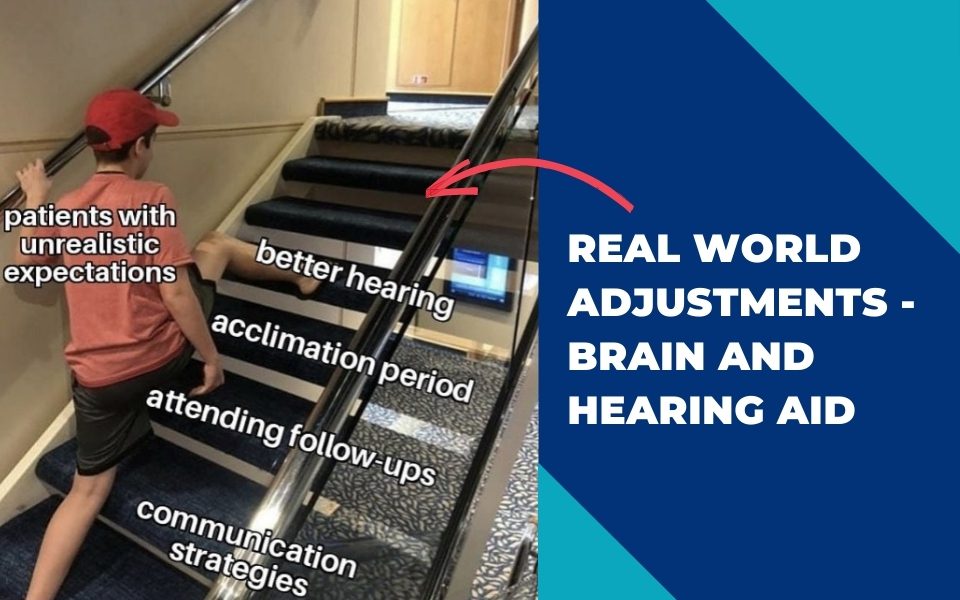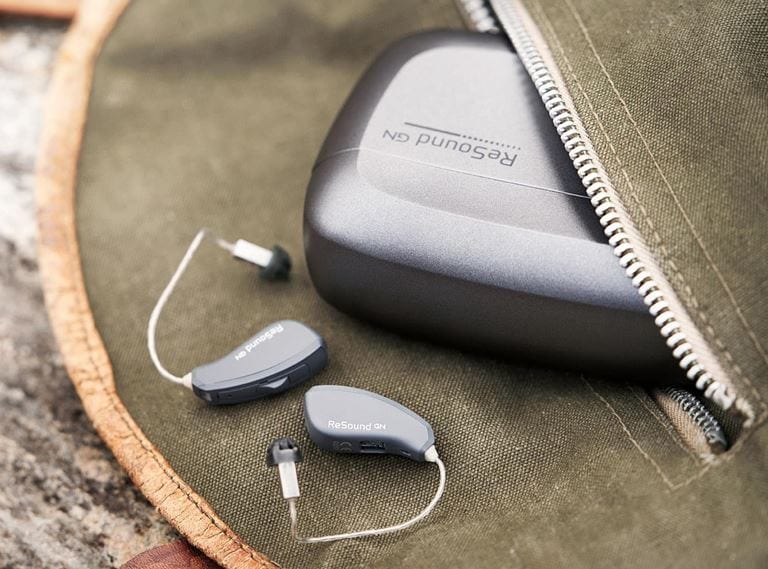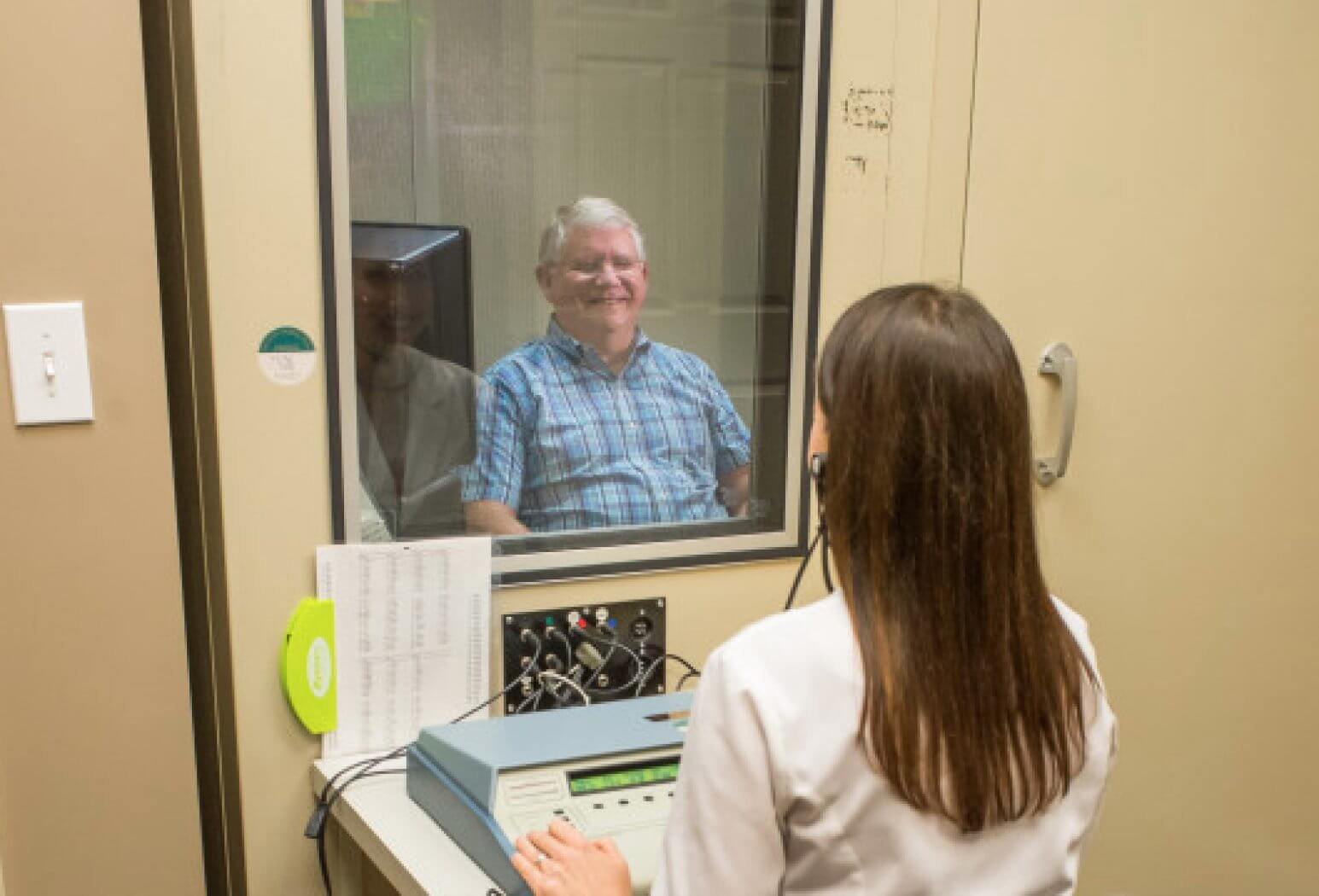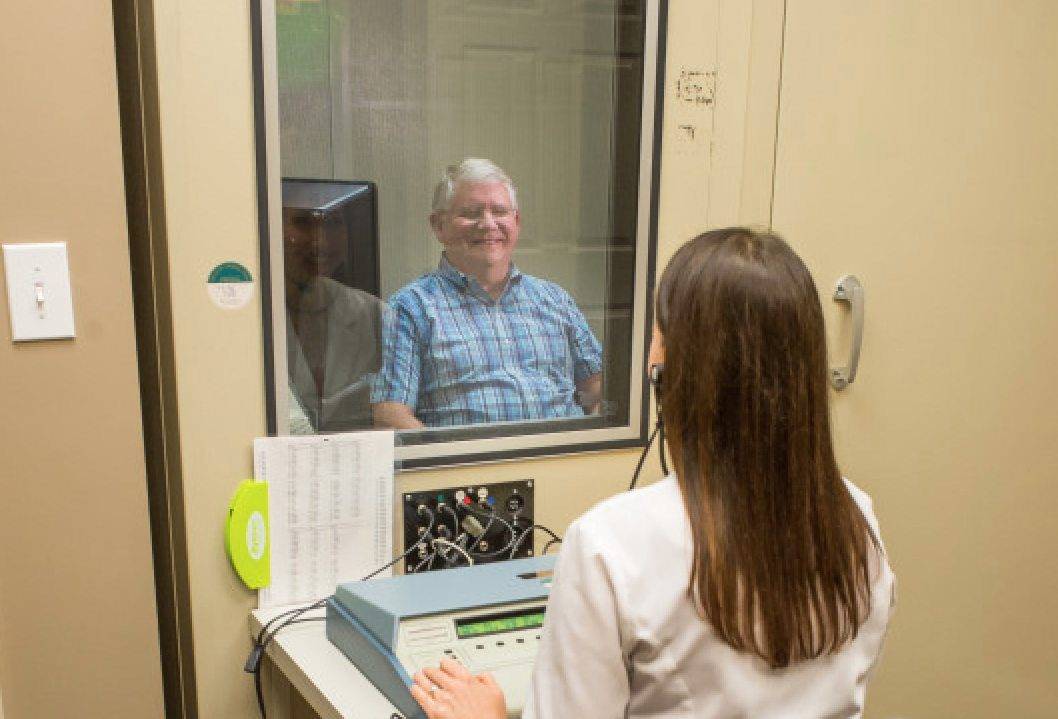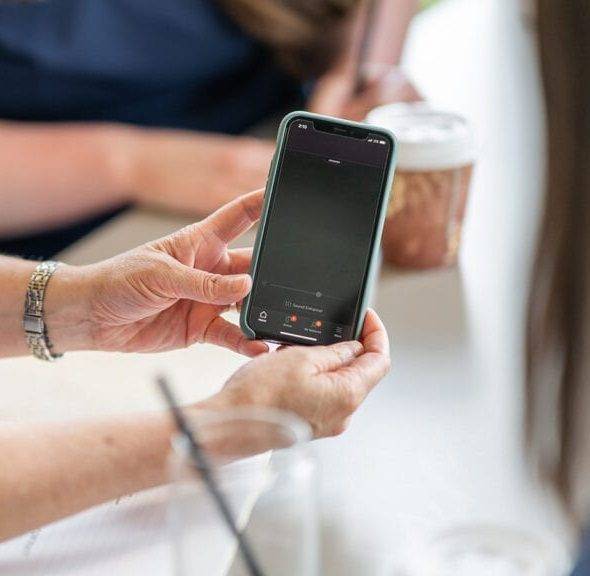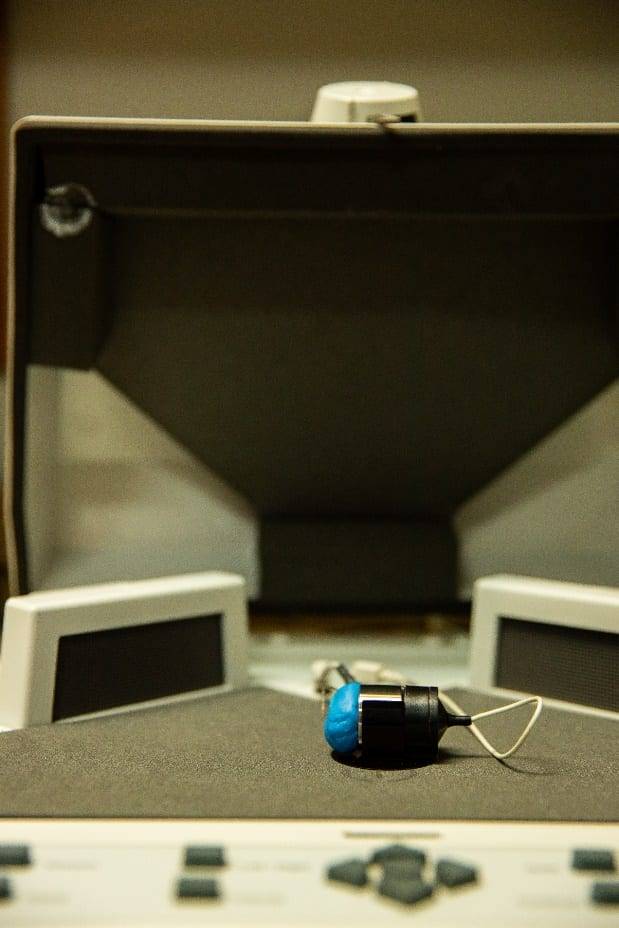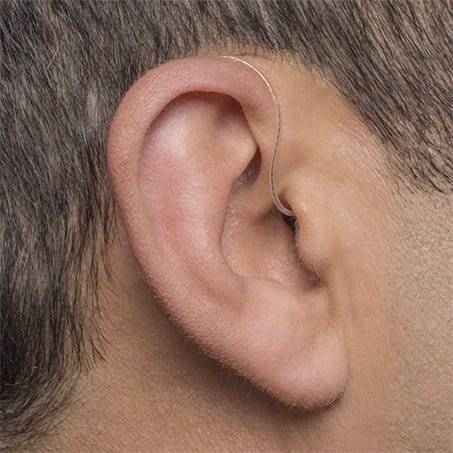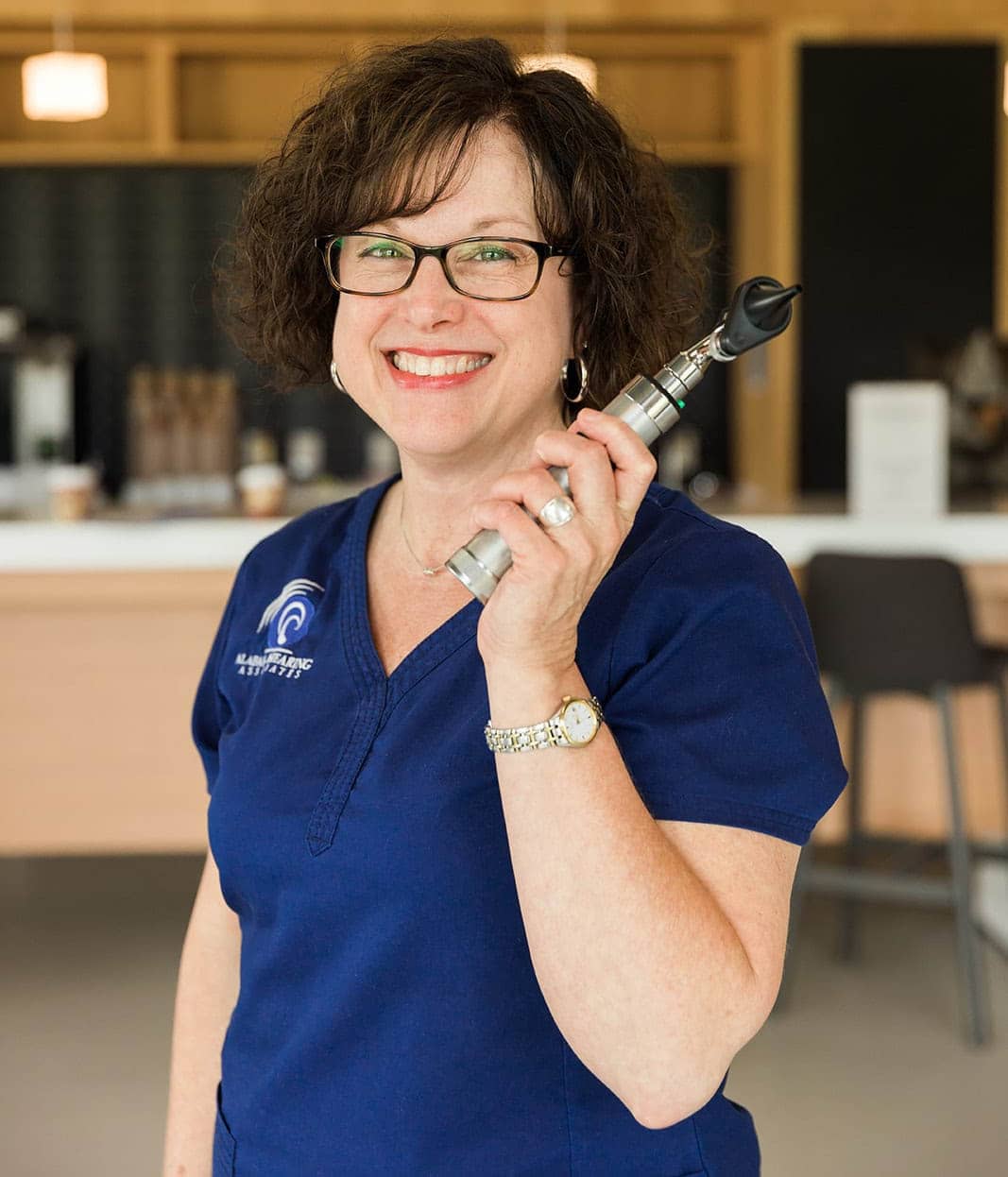At the end of every hearing aid orientation, I remind the patient, “your hearing loss didn’t occur overnight, so it will take some time to adjust to the hearing aids. Your patience and persistence will be well worth it.” What’s the connection between the brain and hearing aids? When it comes to adjusting to hearing aids, the brain plays an important role in getting your hearing back on track. Let’s explore the relationship between the brain and hearing aids, and how hearing aids can help improve not only hearing but also overall cognitive function.
What We Expect From You – Brain and Hearing Aids Adjustment Period
Hearing aids alone are not going to be a complete solution for anyone’s hearing loss. Auditory rehabilitation and readjustments are necessary on the journey to better hearing. This is a team effort, including us, you, your loved ones, and your doctors.
- Full-time hearing aid use
- Hearing aids can only be helpful if you’re wearing them. At a minimum, devices must be worn 8 hours a day to have your brain start to adjust to hearing again. Every once in a while, I’ll have a patient say they “only wear the hearing aids when they’re needed” and wear the devices part-time. It’s important to understand that if hearing aids were recommended, then that means they are needed during all waking hours.
- Attend 2-4 follow up visits during adjustment period and let us know how you’re doing: the good and the bad
- We can only fix a problem if we know about it. Personally, I love it when a patient brings in a written list of all their observations, whether it’s related to the fit, the sound quality, or even something they’ve heard for the first time in a year. That way, we can go over the list in its entirety and then one by one address each item.
- Participation in auditory training
- Think of auditory training like physical therapy but for your communication. As part of your treatment plan, your audiologist will recommend at least one auditory training program. Depending on the program, it’s important to practice the exercises a few times a week. Auditory training can help build stamina for listening and sustained attention while help you become a more effective communicator.
What You Can Expect From Us – Adjusting Your Hearing Aids To The Real World:
- Adjustments and counseling based on your observations in the real world
- If it’s something that’s adjustable, it will be completed at your next appointment. If it’s related to you learning to hear again (such as hearing paper crumple more loudly than you remember), we’ll discuss the options and together come up with the best plan of care. If you have a concern that would be best solved with a hearing aid accessory, we will also discuss the pros and cons of adding that to your plan of care. Typically, we know the need for accessories from the functional hearing assessment, but every once in a while, something will come to light after the hearing aid fitting.
- Depending on the hearing aid and your cell phone technology, we may even adjust your hearing aids remotely while you’re at home or at work so you can experience the changes in real-time.
- Revisiting the hearing goals defined in your first visit
- We want to ensure that your main goals for pursuing hearing health are being met to the best of our abilities. Throughout your hearing journey, we will revisit your primary hearing goals to see how they’re being met, as well as re-measuring your hearing healthcare questionnaires to ensure improvement and to address any potential shortcomings.
- A personalized auditory training program based on your functional hearing assessment. Depending on your communication goals and results found during your first appointment, your audiologist will recommend different programs ranging in intensity. Examples include: 5 Keys to Communication, Brain HQ, Amptify, etc.
If you have any questions about adjusting to hearing aids and auditory training, or would like to learn more about how you can optimize the link between your brain and hearing aids, please call us at 256-319-4327 or submit a contact request. One of our helpful team members will call you back shortly.

